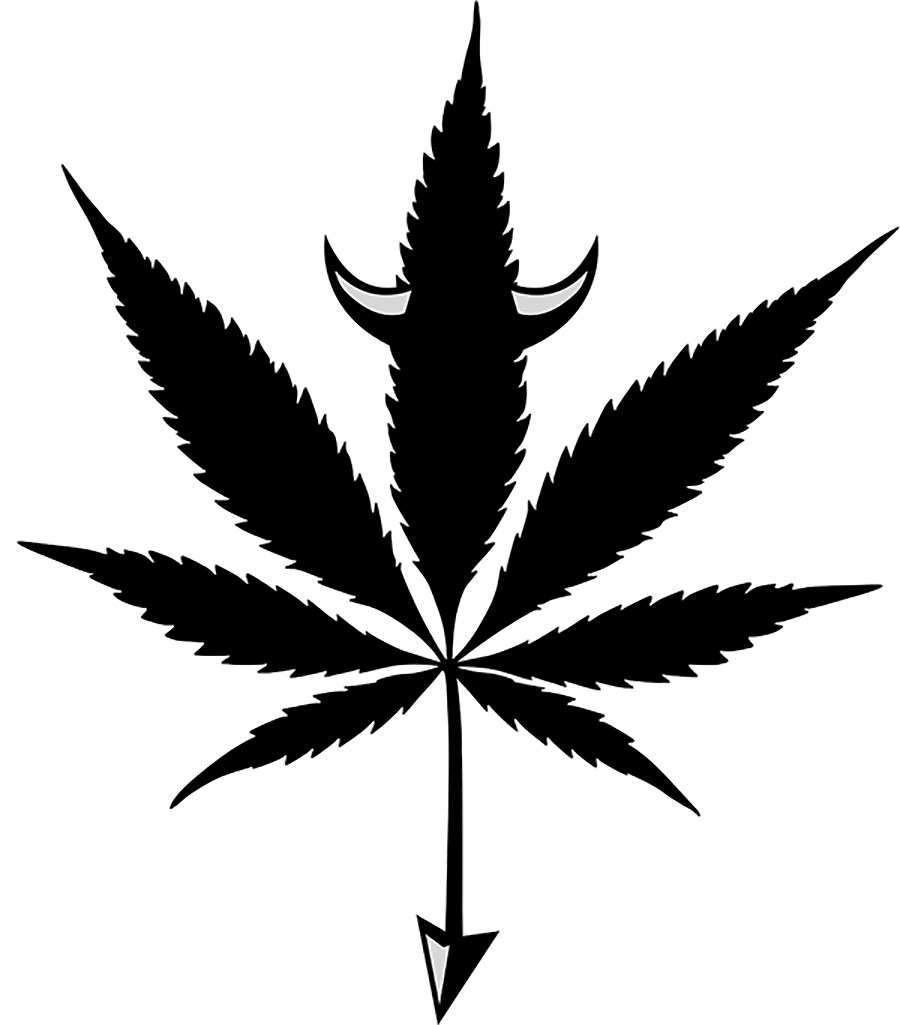When I tell people that I’ve never tried marijuana and haven’t really had the desire to, their immediate conclusion is that I’m against any of its potential contributions, whether it be medically or economically. I’m “straight edge;” I don’t know what the difference is between a joint or a blunt, and I don’t know why a bong gurgles. I just found out about Weedmaps last Saturday. In the three years that I’ve lived in Long Beach, at least one of my roommates has been a recreational smoker… and I grew to be okay with that.
Luckily for them, Measure MM and MA were both passed back in November. Measure MM lifts a ban on medical marijuana businesses while Measure MA designates higher taxes on medicinal marijuana. Plus, because Prop 64 was passed, Measure MA can be used to approve how much the tax will be on recreational use. Access to marijuana in Long Beach is going to increase over the next few years.
The passing of these measures forced me to not only look at the reasons why I supported it, but why I wouldn’t have three years before. Religion is a powerful influence; Catholicism denounces any reason for drug use, and I regret that its education could’ve allowed me to reach a conclusion on my own about a lot of things, even marijuana.
Instead of being shown a variety of arguments for and against recreational marijuana, the messages I were given all related back to how it would adversely affect my physical and mental state – my “temple” and my “spirit.” Research on how symptoms of Asperger’s or depression or cancer can be alleviated by marijuana use baffles me – not because I can’t believe it, but because being raised Catholic for 18 years imposed the question of morality when it came to the use of drugs of any variety. In this case, open mindedness was not an option.
There needs to be a change in the Church’s interpretation on topics like the legalization of marijuana. We are constantly transforming our morals based on contemporary discoveries, leaving many constituents like myself questioning what’s actually aligned with our faith. In the Catechism of the Catholic Church, written by Pope John Paul II in 1992, there are clear references to the “use of drugs” as an infliction of “very grave damage on human health in life… They [recreational drugs] constitute direct co-operation in evil, since they encourage people to practices gravely contrary to the moral law.”
Major religious leaders, including Pope Francis, stand by this. Back in 2014, Time magazine writer Elizabeth Dias reported that the Pope condemned the use of marijuana at the International Drug Enforcement Conference, as he claimed “the problem of drug use is not solved with drugs… Drug addiction is an evil, and with evil there can be no yielding or compromise.”
The “evil” that he may be referring to are the fatal effects of cartel businesses in countries like Brazil and Mexico, which is a definite issue, but when looking at something like drug use, it’s not just the accessibility that encourages dependency. It’s the user’s personal decision.
In grade school, my instructors ingrained the idea that there is only good and evil, nothing in between–and drugs are an ultimate evil. The end. What my instructors failed to teach is that there’s a complexity within each person’s spiritual beliefs, and the teachings of Catholicism leave very little room for interpretation or questioning.
Moving to Long Beach, a city that is bracing for a potential future of legalizing the recreational use of marijuana, blew my mind. Not only does the existence of dispensaries, apps, and doctor recommendation cards make the world of cannabis much more accessible, but the culture and attitudes of Long Beach inhabitants offer an abundance of insight to what the drug actually is and how it can be used.
A 2016 article by Roberto Herrera and Daniela Alvarez in the Daily 49er covered a panel on the legalization of marijuana titled “The Pot Perplex: Would Legal Marijuana Be Good or Bad for Southern California” to discuss its impact from multiple viewpoints. Earlier this month, Courtney Thompkins of the LB Press Telegram explained the city’s push for “an education outreach campaign that explains the health and safety risks of marijuana use.”
Within my previous religious realm, the chance of this kind of news circulating would either be nonexistent or faced with heavy opposition.
The community that I’ve now found myself in has given me the chance to reevaluate how culture and exposure has reconstructed my stance on marijuana. I no longer view its use as a detriment to anyone’s soul, nor do I believe that its users have distanced themselves from God and are subject to extreme repentance.
Marijuana can be used for a plethora of reasons, and I can acknowledge and respect that. Catholicism denied me the opportunity to formulate my own opinion on matters it considered taboo, which is why coming to Long Beach and being introduced to not only other students’ interactions with marijuana, but how their own culture, whether it be through religious or ethnic ties, affected how they chose either to enjoy it or exclude it from their lives.
I’ve grown to recognize more or less the drug’s effects, both positive and negative, through peers’ experiences and media coverage. I now believe it’s important that religions like Catholicism develop and modernize its teachings to stop restricting its constituents from being so barred from developing opinions based off of more than just Scripture, and more on both Scripture and other cultural beliefs.




